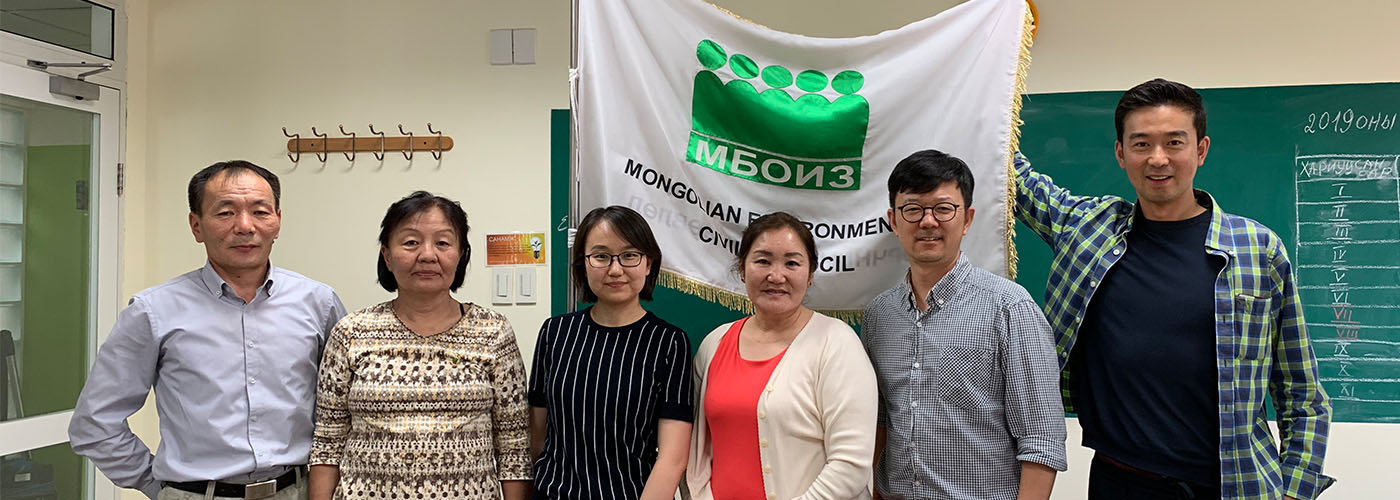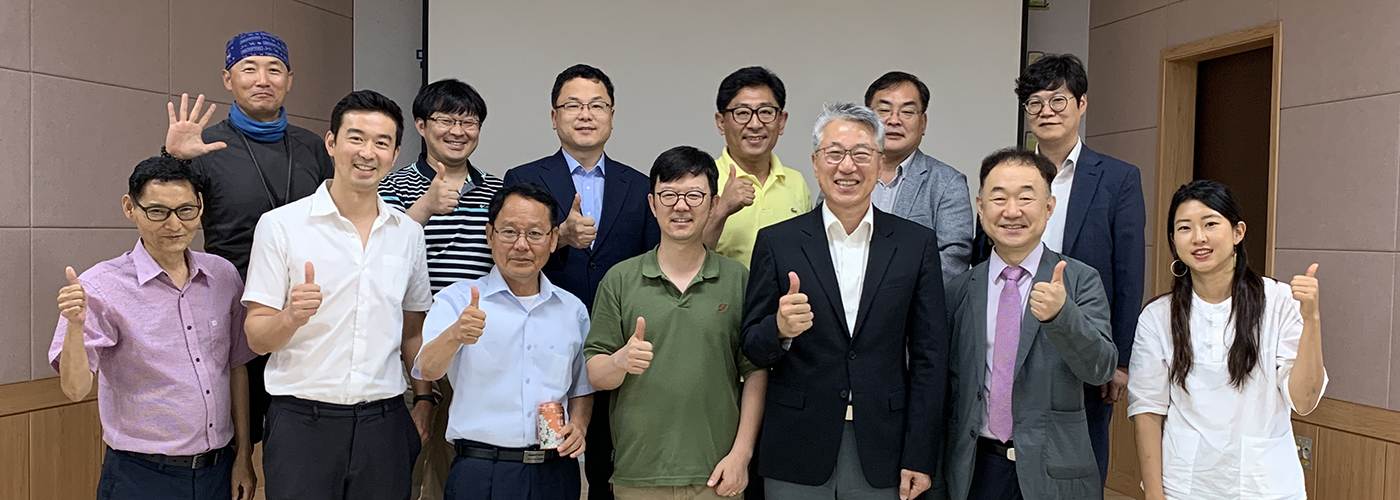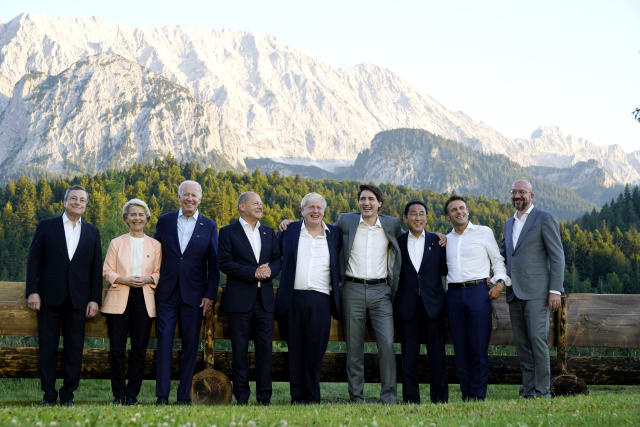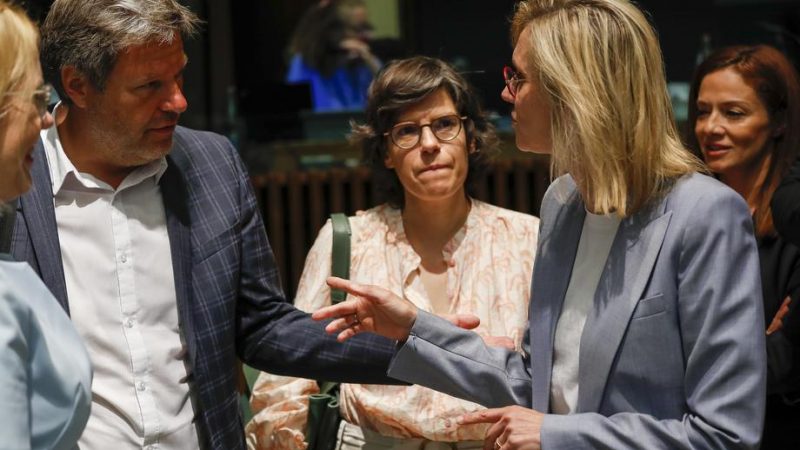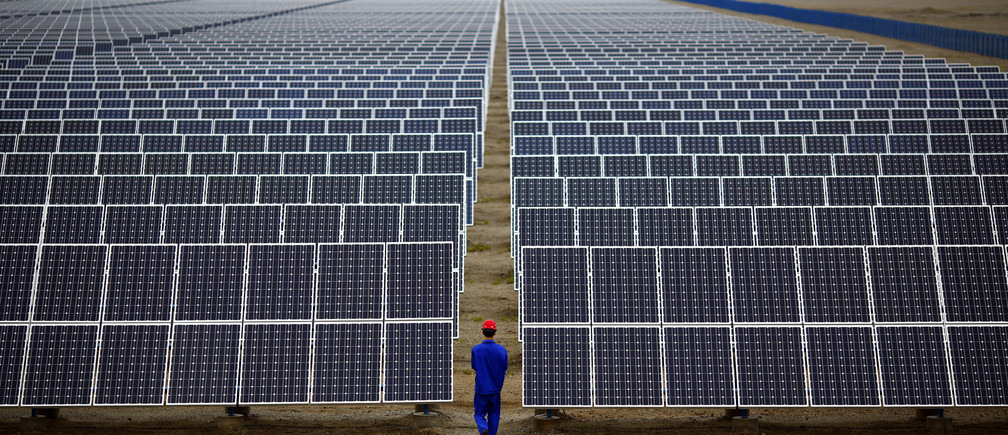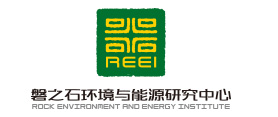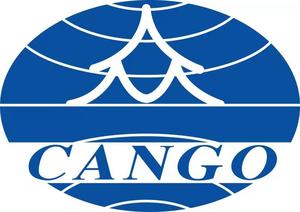A PHP Error was encountered
Severity: Notice
Message: Undefined offset: 9
Filename: views/ETCP.php
Line Number: 121
Backtrace:
File: /data/wwwroot/en/application/views/ETCP.php
Line: 121
Function: _error_handler
File: /data/wwwroot/en/application/controllers/ETCP.php
Line: 70
Function: view
File: /data/wwwroot/en/index.php
Line: 315
Function: require_once

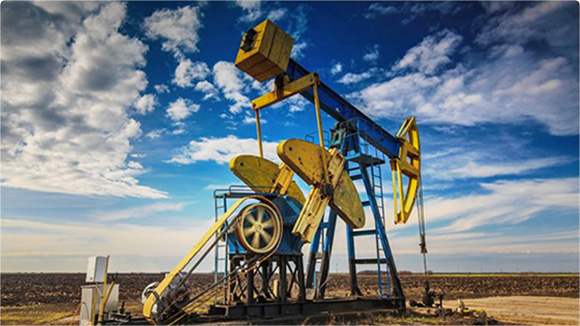
Environmental conflicts are often transboundary in Asia, for instance China’s air pollution has been affecting other East Asian neighbors, or the water-related conflicts along the Mekong river in the Southeast Asia; Additionally, climate change has considerable impact on other major environmental conflicts. The mitigation and adaptation to climate change could bring a wide range co-benefits in both social, economic, technological aspects, therefore, those co-benefits should be one of the principal focuses for climate and energy policy in Asia, especially for those developing countries. To maximize the co-benefits of having a climate-friendly energy system through implementing energy transition policy by considering the transboundary issue and climate change impact, an integrated solution is needed to alleviate the existing or potential environmental conflicts, which means an effective cooperation between stakeholders in the region.
Energy Transition and Carbon Pricing (ETCP) Project is cooperated with CANGO (China Association for NGO Cooperation) under the support of BftW (Bread for the World), aimed to maximize the co-benefits of promoting energy and climate policy in Asia, by considering economy, social issues, health and sustainability, thereby reducing environmental conflicts in the region. We envisage to establish a pan-Asia functioning partnership for a deeper discussion on these issues, bridging the knowledge gaps among media, advocacy groups and research institutions including think tanks as well as enhancing the capability of civil societies (CSOs).
This project has been registered by Beijing Municipal Public Security Bureau.

